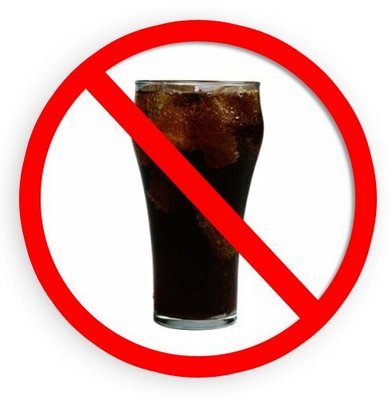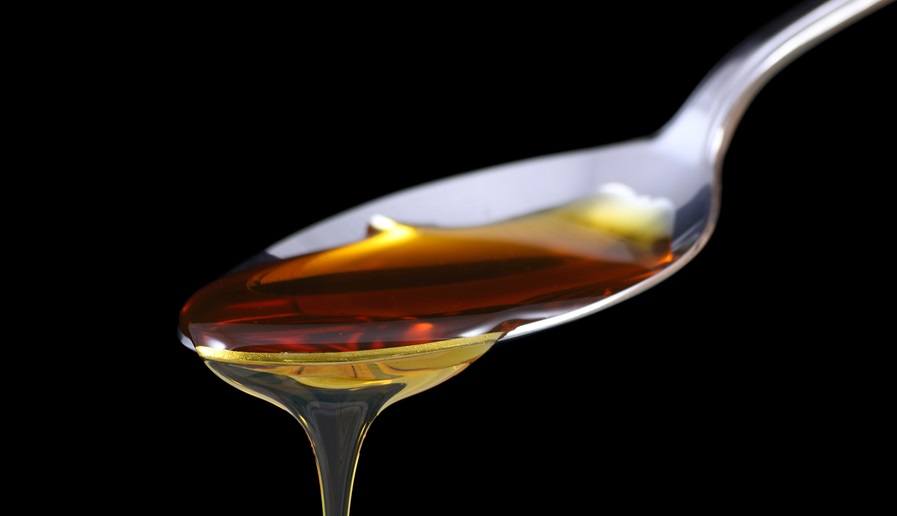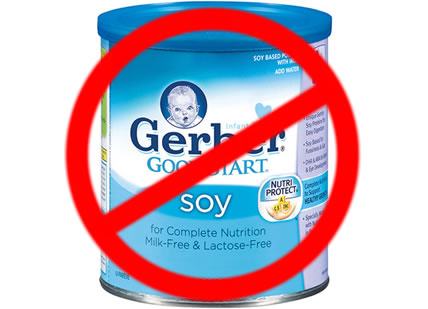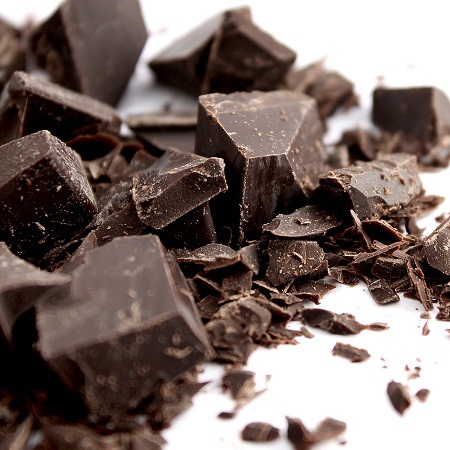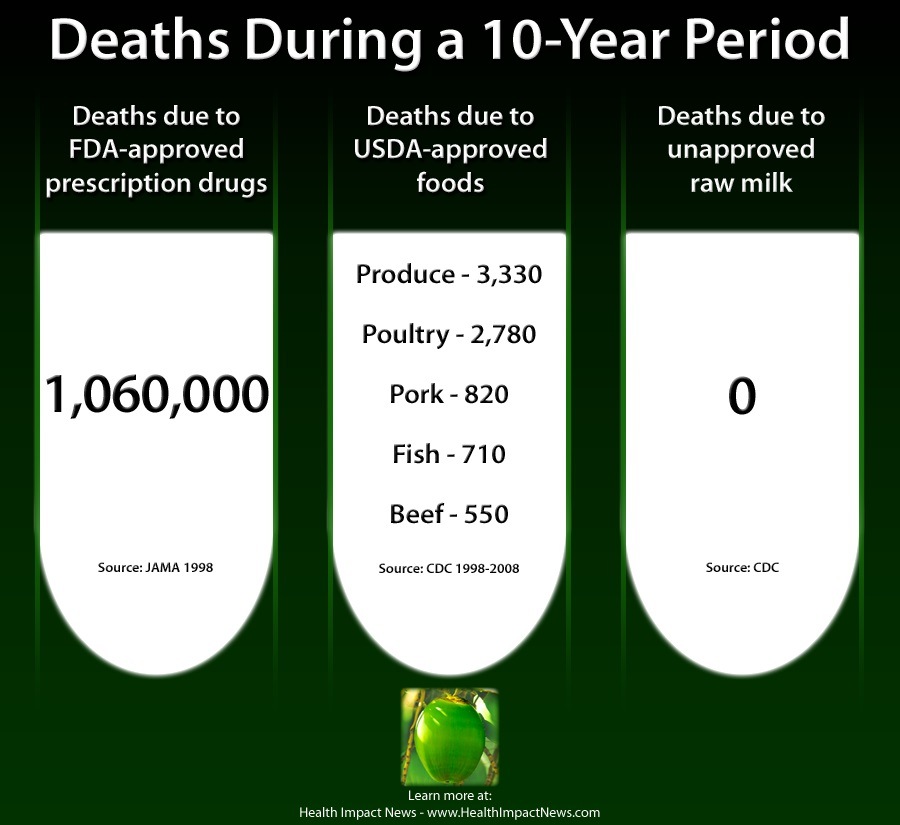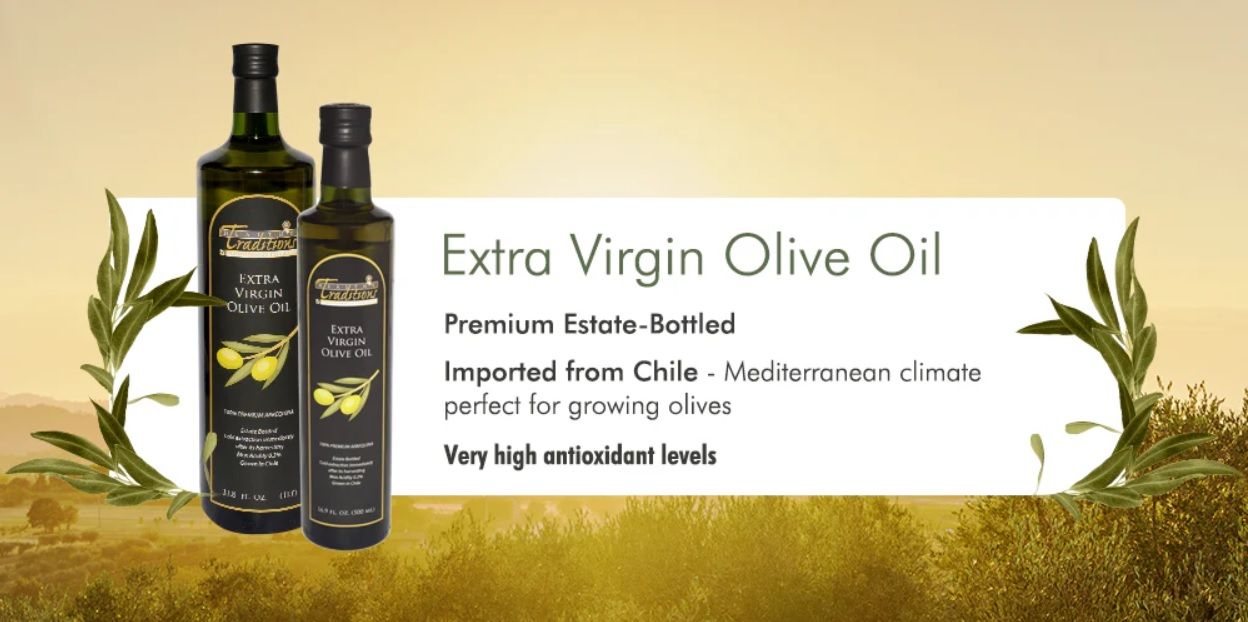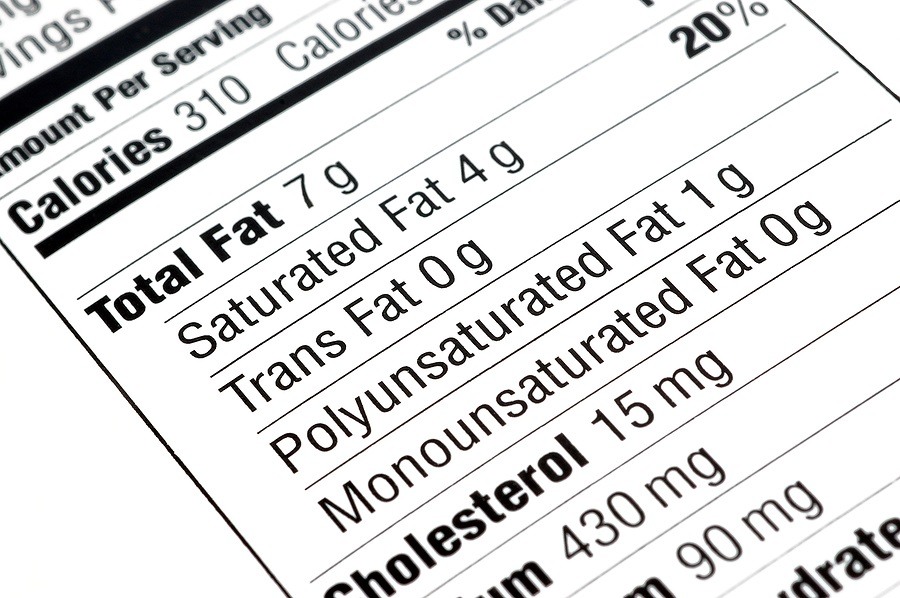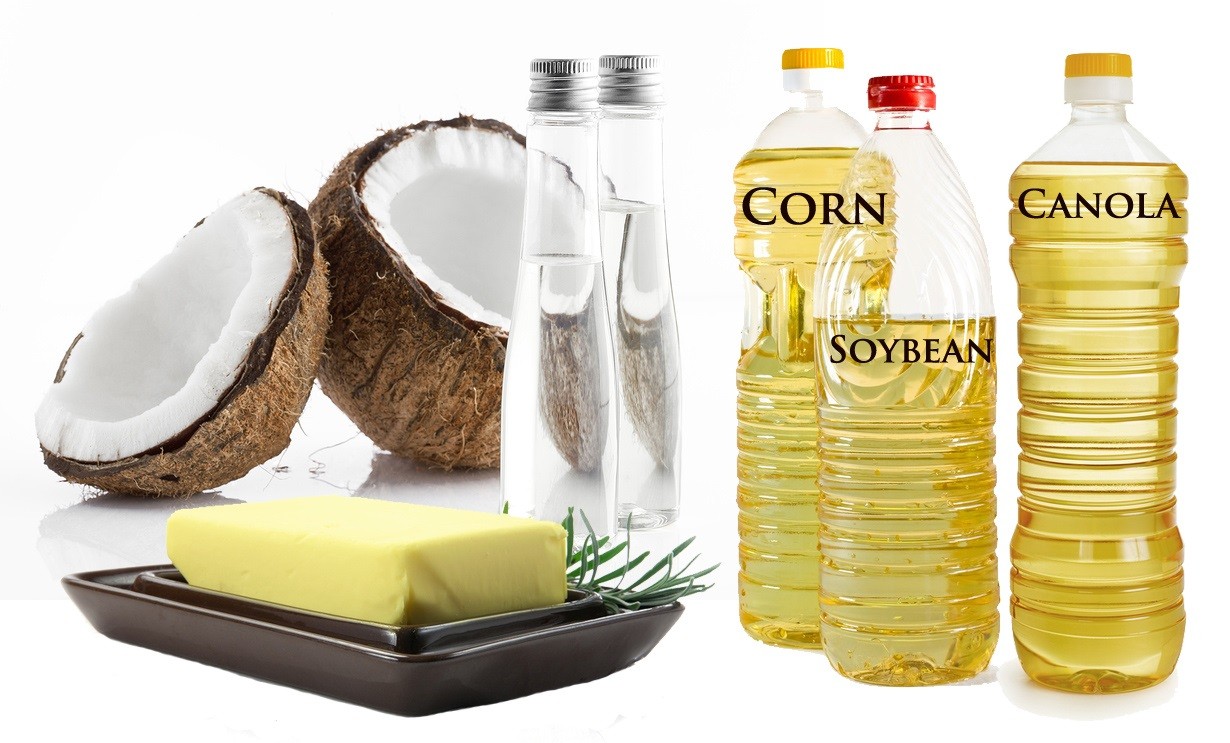News regarding traditional wisdom and native diets regarding nutrition.
Diet Soda Sales Plummet as Consumers’ Understanding of Deadly Health Risks Grow
Soda consumption is now in “freefall,” having dropped to its lowest point since 1995, with diet sodas taking the greatest hit. One of the largest studies of its kind found that drinking just two diet drinks a day can increase your risk of an early death from heart disease by 50 percent. Previous research looking at aspartame toxicity also found a clear association between aspartame consumption and non-Hodgkin's Lymphoma and leukemia.
Obesity Now Threatens to Overtake Hunger as Global Health Concern Number One
In 1950, the number of starving individuals on Earth was estimated to be around 700 million; 100 million people, primarily in rich countries, were obese. By 2010, the world’s hungry had marginally grown to 800 million, while the number of obese citizens of the world had exploded to 500 million. Estimates suggest that by 2030, more than one billion people, worldwide, will fall into the obese category.
Illinois Legislators Back Off Raw Milk Ban After Consumer Outrage
Under current Illinois law, farmers can sell an unlimited amount of raw milk on the farm without a permit. Legislators and health officials were working hard to completely banish farm-to-consumer agreements in some sneaky ways. This was not lost on Illinois' thriving raw milk market. Now, a proposed bill in Illinois banning the sale and distribution of natural or “raw” milk, has come to a screeching halt this session after legislators heard from thousands of natural milk supporters.
The Health Benefits of Maple Syrup: Why You Should Replace Processed Sugar with Maple Syrup
Maple syrup is one of the many wonders of the world and far more than a simple sweetener. Maple syrup is not only rich in essential nutrients such as manganese as well as zinc, but 34 new beneficial compounds discovered just a few years ago have been confirmed to play a key role in human health. Antioxidants found in maple syrup have anti-cancer, anti-bacterial, and anti-diabetic properties.
Soy-Based Formula Linked To Seizures In Children
Phytoestrogens in soy-based formulas are known to carry greater risks than benefits for infants. Babies fed soy-based formula had 13,000 to 22,000 times more isoflavones in their blood than babies fed milk-based formula. Data published in PLoS One shows that consumption of soy formula may also be associated with a higher rate of seizures in children. In addition, while true cancer of the prostate, carcinoma, is seldom seen in infants and children, other forms of malignant tumors may develop and more cases are appearing in developed nations where the link appears to center around soy infant formula.
Dark Chocolate’s Health Secrets Revealed in New Studies
Cocoa powder is rich in antioxidants. However, it was thought that these molecules were poorly digested and absorbed due to their large size. New research reveals that your gut bacteria breaks down and ferments the components in dark chocolate, turning them into anti-inflammatory compounds that benefit your health. Beneficial gut microbes including Bifidobacterium and lactic acid bacteria “feasted” on chocolate, creating anti-inflammatory compounds that may reduce inflammation of cardiovascular tissue. A wide range of accumulating scientific research has linked chocolate consumption to over 40 distinct health benefits.
U.S. Representative Massie Introduces Bipartisan Raw Milk Freedom Legislation
Fresh raw milk is currently the only food banned in interstate commerce. And while the constitution gives Congress the authority to regulate interstate commerce, the current ban in place was not put there by an act of Congress, but by the FDA, preventing states where the sale of raw milk is legal from being able to transport and sell that milk in other states (where it is also legal). This action by the FDA is usually cloaked in the deception that it is for the sake of public health, however statistics clearly show that raw milk is no more dangerous than any other raw food, and in most cases is probably safer when sold by organic grass-fed small-scale operations. The sale of raw milk in the United States is first and foremost an economical issue, and deals with the rights of dairy farmers to be able to sell their products directly to consumers, bypassing the milk pools of Big Dairy, who enjoy tremendous political favor via farm subsidies. The ban on interstate commerce of raw milk and raw milk products is simply an attempt by Big Dairy to prevent consumers from having a choice between their highly processed commodity dairy products and fresh wholesome products produced by small-scale farmers. Congressman Massie (R–KY), Chellie Pingree (D–ME) and a bipartisan coalition of 18 other lawmakers have introduced legislation to improve consumer food choices and to protect local farmers from federal interference. The two bills – the “Milk Freedom of Act of 2014” and the “Interstate Milk Freedom Act of 2014” – are the first in a series of “food freedom” bills that Rep. Massie plans to introduce this year. These bills would make it easier for families to buy wholesome milk directly from farmers by reversing the criminalization of dairy farmers who offer raw milk. Encourage your representatives to support this bipartisan legislation!
Extra Virgin Olive Oil Fraud: A Guide to Purchasing Olive Oil
Do you trust the label on your Extra Virgin Olive Oil? Numerous scandals have been uncovered over the last twenty years which have revealed that many extra virgin olive oils being sold in the United States do not meet the high standard for this product. Many have been adulterated with lower grade olive oils or with nut and seed oils. Others simply have serious flavor and aroma defects, which should prevent them from being called “extra virgin.” The controversy continues to this day. In this article we explain what to watch out for to avoid adulterated olive oils, and how to shop wisely for pure authentic extra virgin olive oils.
Myth Buster: Olive Oil is One of the Safest Oils for Frying and Cooking
One of the most common myths perpetrated on the Internet is that while olive oil is healthy, it should not be used for cooking or frying. The belief is that somehow the high heat used in cooking or frying makes olive oil unhealthy. However, this belief is not consistent with historical uses of olive oil in Mediterranean cuisine, nor with a wide body of published research. Olive oil is not only safe for cooking, but it is recommended by scientists and olive oil experts for high temperature frying! The notion that extra virgin olive oil should never be heated or used for cooking is not supported by research.
Butter Consumption Reaches a 40-Year High
Butter consumption in the US has hit a 40-year high, largely resulting from a shift in consumer preferences away from processed foods. Between 1920 and 1960, Americans’ butter consumption declined by over 75 percent, yet heart disease went from a relatively unknown condition to the number one killer. Butter, especially raw butter from grass-fed cows, is rich in beneficial nutrients including vitamins, trace minerals, CLA, and beneficial fats. Butter produced from CAFO milk is inferior nutritionally as it comes from cows fed almost entirely GE grain, some fattened up with additional sugar from GE sugar beets and cottonseed. Buying dairy products from reputable local farmers will allow you to enjoy butter without supporting the inhumane conditions too common at factory farms.
Big Pharma Study: USDA Dietary Guidelines on Fats are Wrong
A study published in the Annals of Internal Medicine made waves through the mainstream media. In a stunning meta-analysis of the relationship between dietary fats and heart disease that included over 600,000 people, the researchers came to the following conclusion: "Current evidence does not clearly support cardiovascular guidelines that encourage high consumption of polyunsaturated fatty acids and low consumption of total saturated fats." This conclusion flies in direct contrast to the USDA dietary guidelines, which recommends polyunsaturated fats (think corn and soybean oils) as healthy, and saturated fats as unhealthy (think dairy, animal fat, and coconut oil) in terms of cardiovascular health.
The War Against Butter is Over: Butter Won
It is no surprise that one of the world's largest margarine producers has come out and admitted that they have been wrong about butter all along, and that it is indeed healthier than margarine. This is not a suddenly new found concern about the health of consumers, but a marketing reality as sales of margarine continue to plummet while sales of butter skyrocket. So don't expect them to start offering healthy whole foods anytime soon. Their solution is simply to add some of the "real" stuff into the fake stuff. And that real butter will more than likely come from milk produced in large CAFOs (confined animal feeding operations).
The Deadly Consequences of Replacing Saturated Fats with Polyunsaturated Fats in the American Diet
Our #1 top read news story from 2013 was: Sweden Becomes First Western Nation to Reject Low-fat Diet Dogma in Favor of Low-carb High-fat Nutrition. As we reported last year, Sweden became the first Western nation to develop national dietary guidelines that reject the popular low-fat diet dogma in favor of low-carb high-fat nutrition advice. The switch in dietary advice followed the publication of a two year study by the independent Swedish Council on Health Technology Assessment. The committee reviewed 16,000 studies published through May 31, 2013. Now, top Swiss researchers, led by Dr. Uffe Ravnskov, have urged the National Cholesterol Education Program, the National Institutes of Health, and the American Heart Association in the United States to follow their lead, and reverse years of dangerous and harmful dietary advice that has led to an increase in the consumption of refined carbohydrates and Omega 6 polyunsaturated fats in place of saturated fats. They have published their comments in the April 2014 issue of Mayo Clinic Proceedings. So will American health "experts" reverse their dietary advice?
Sauerkraut: Anti-cancer Fermented Food that Restores Gut Flora
Sauerkraut can be an important part of diets designed for healing cancer. Sauerkraut is a German word that simply means sour white cabbage. Lacto-fermented cabbage has a long history of providing benefits for many different health conditions, and now it is proving to be beneficial for cancer. Cabbage, by itself, offers a number of health benefits, but the fermentation process increases the bioavailability of nutrients rendering sauerkraut even more nutritious than the original cabbage. Sauerkraut should be considered a super food for cancer prevention, and be included as a part of diets designed to treat cancer.
Top 8 Health Benefits of Cauliflower
Cauliflower is a member of the cancer-fighting cruciferous family of vegetables. Cauliflower is anti-inflammatory and antioxidant-rich, and may boost both your heart and brain health. Eating cauliflower will provide your body with impressive amounts of vitamin C, vitamin k, beta-carotene, and much more while supporting healthy digestion and detoxification.
Abandoning Traditional Fats for Processed Vegetable Oils Has Led to Declining Health
Three decades ago, the food available was mostly fresh and grown locally. Today, the majority of foods served, whether at home, in school or in restaurants, are highly processed foods, filled with sugars, harmful processed fats, and chemical additives. During that same time, obesity rates have skyrocketed, and one in five American deaths are now associated with obesity. Obesity-related deaths include those from type 2 diabetes, hypertension, heart disease, liver disease, cancer, dementia, and depression, as nearly all have metabolic dysfunction as a common underlying factor. Unfortunately, the healthiest fats, including animal fats and coconut oil, both of which are saturated, have been long portrayed as a heart attack waiting to happen. Meanwhile, harmful hydrogenated vegetable oils such as corn and canola oil have been touted as “healthful” alternatives. Ditto for margarine. Boy, did they get this wrong. Nothing could have been further from the truth.
How Avocado Can Help with Weight Management
Cutting down or eliminating refined carbs is one of the best and easiest ways to normalize your weight and support your health, but when you cut down on non-vegetable carbs, you need to increase your intake of healthy fats. Avocados are an excellent source. They're especially rich in heart-healthy monounsaturated fat that is easily burned for energy, which you need more of once you start to remove those carbs. Improved weight management is in fact one of the health benefits of avocado consumption, according to recent research, and its high-fat, low-sugar content is part and parcel of this effect.
How Eating Processed Food Made the World Sick and Fat
Processed foods encourage weight gain and chronic disease because they’re high in sugar, fructose, refined carbohydrates, and artificial ingredients, and low in nutrients and fiber. Processed foods are addictive and designed to make you overeat; they also encourage excessive food cravings, leading to weight gain. Eating processed foods promotes insulin resistance and chronic inflammation, which are hallmarks of most chronic and/or serious diseases. The solution to improving your health and losing weight is often as simple as swapping processed foods for REAL FOOD.
In Europe you can Purchase Fresh Raw Milk from Vending Machines
This Country Has America Beat When It Comes to Handling Raw Milk - Illegal in many states, unpasteurized dairy is sold out of vending machines in Slovenia.
How Much Cancer-Causing 4-MeI May Be in Your Soda?
Caramel color, which is widely used in brown soft drinks, may cause cancer due to 4-methylimidazole (4-MeI), a chemical byproduct formed when certain types of caramel coloring are manufactured. 4-MeI has been found to cause cancer in animals and the International Agency for Research on Cancer declared it to be “possibly carcinogenic to humans”. A Consumer Reports study found levels of 4-MeI in soft drinks at levels that exceed those requiring a cancer warning label. Caramel color may be listed on labels as “artificial flavor” or “caramel color”.




